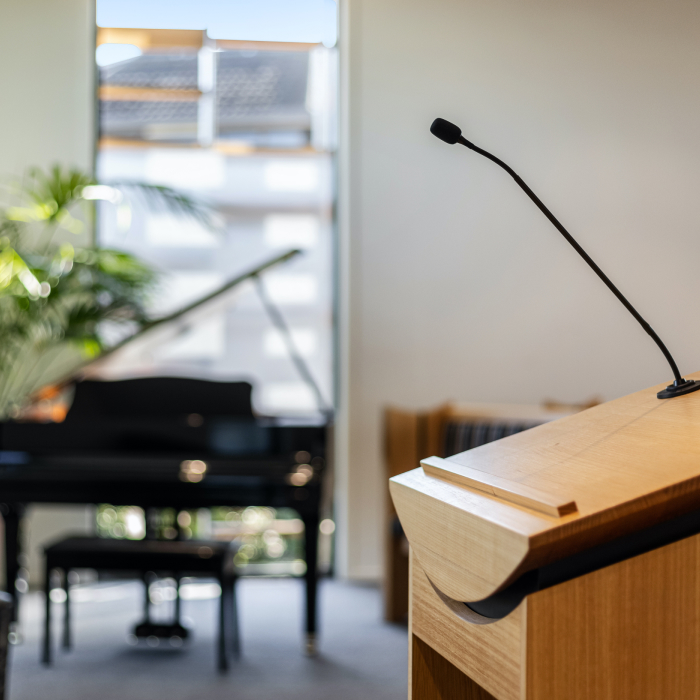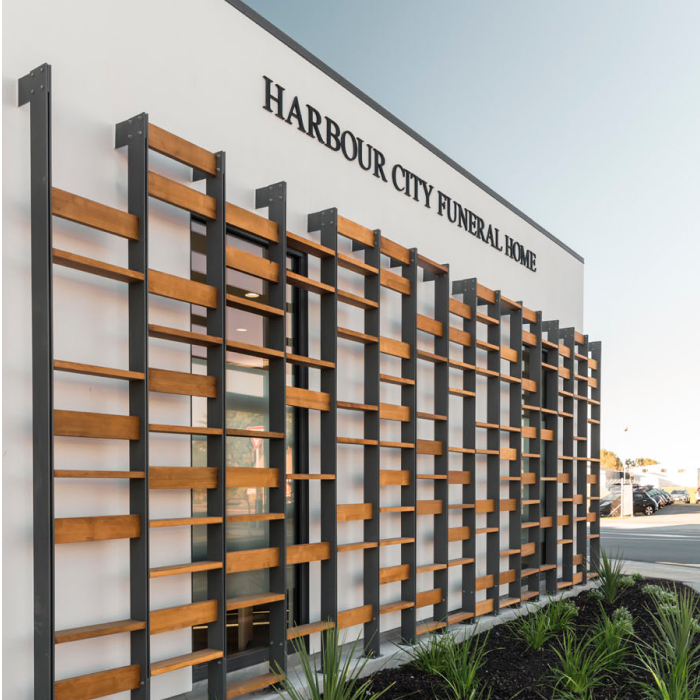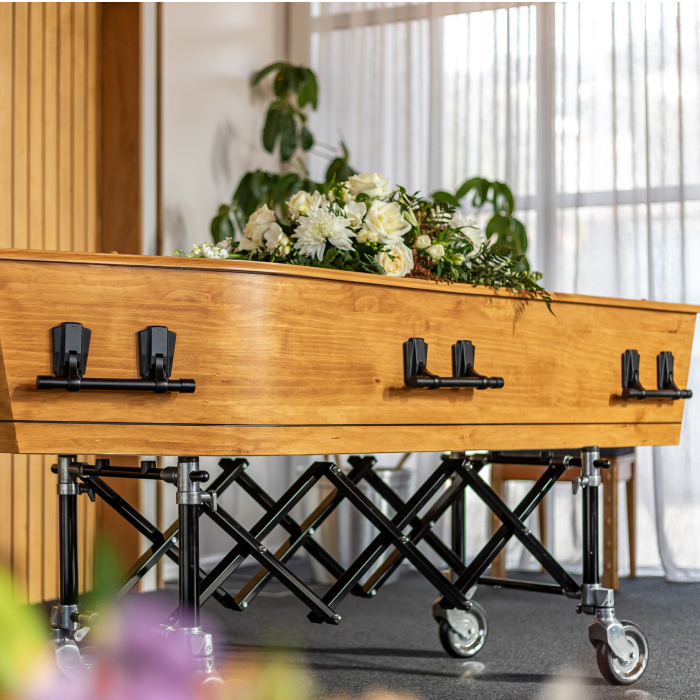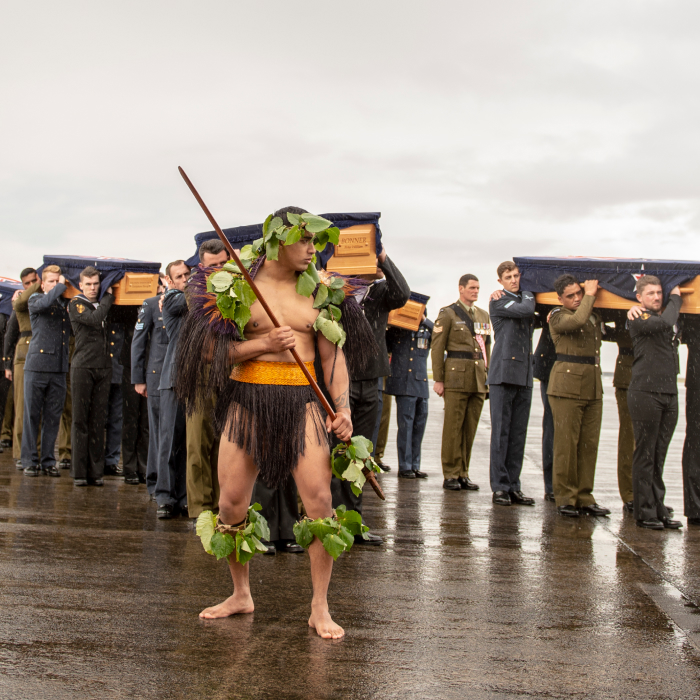The funeral director’s primary responsibility is to arrange and coordinate all details of the funeral service, including working with family members and the officiant to accommodate their requests, while also considering timing, and cultural practices.
Funeral / Tangihanga Arrangements
The funeral director’s most important role is to make all the relevant arrangements prior to conducting the funeral on the day. The funeral director works with the minister or celebrant to ensure that any of the family’s special requests (e.g. regarding music, flowers, photos, candles) have been met by the time of the funeral service.
Our funeral director will discuss with family members about whether they would like any printed materials, such as a service sheet or an audiovisual presentation.
The minister or celebrant is ultimately responsible for what happens in the funeral ceremony itself.
This usually involves working with family members to:
- Plan the format of the funeral service.
- Decide who will deliver the eulogy – family member(s) or a close personal friend.
- Select music, reading, or poetry during the service.
- Decide on the use of other symbols such as candles, flowers, and photos as required, discuss whether printed service sheets are required.
- Schedule the audio-visual presentation (if any) in the service.
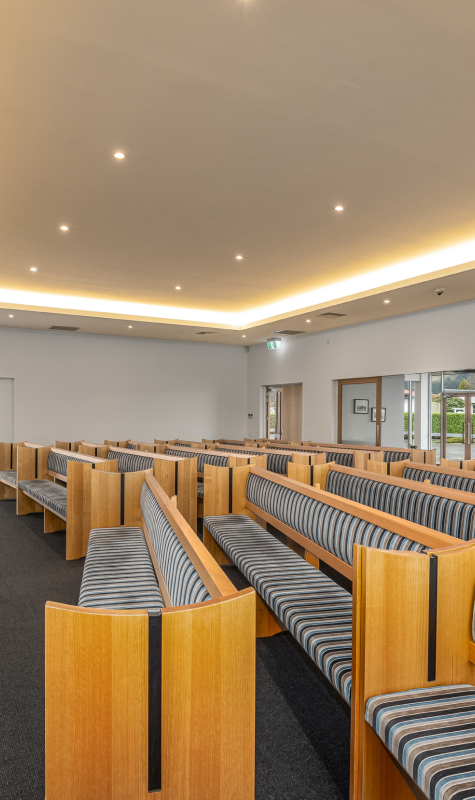
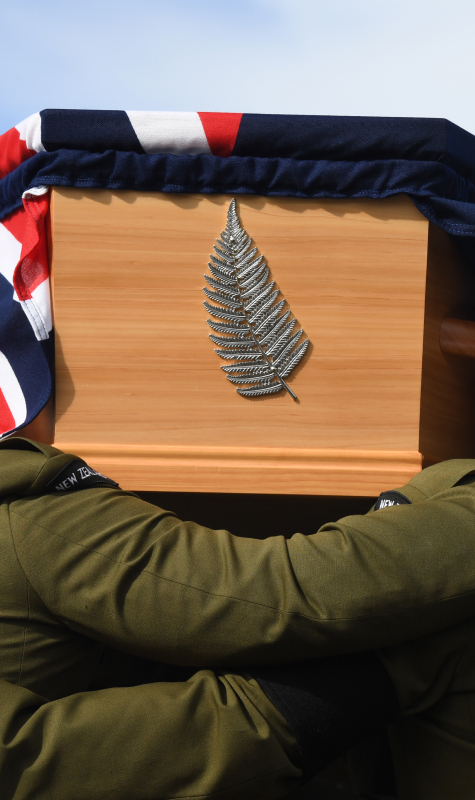
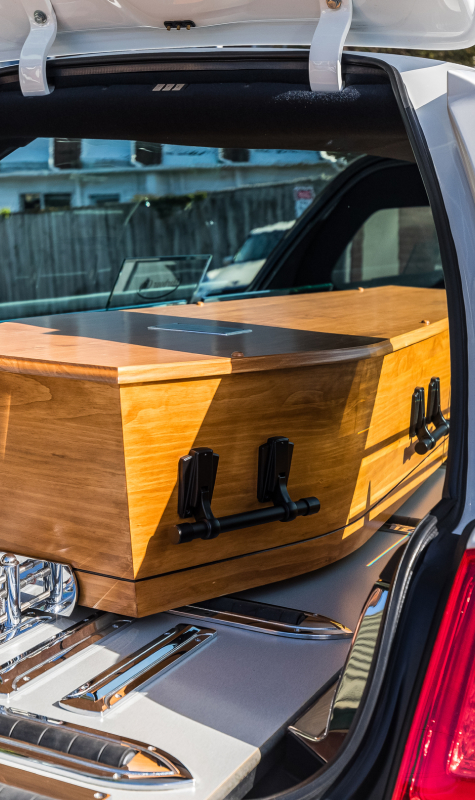
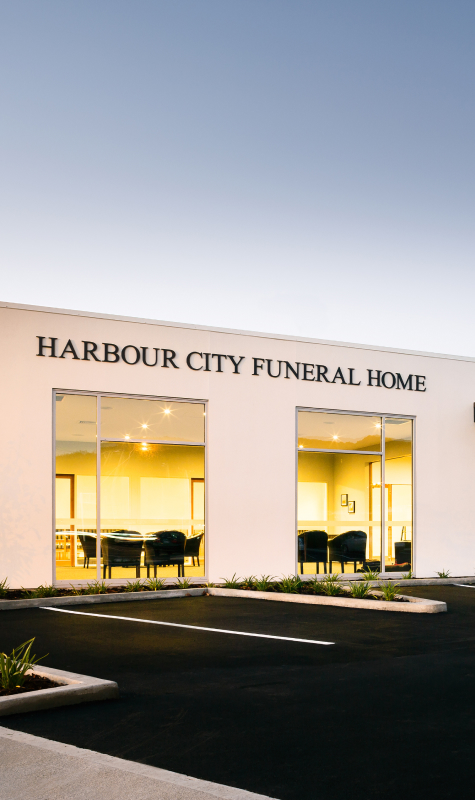

Cultural Awareness
The Wellington, Hutt Valley and Kāpiti region is home to a rich and diverse tapestry of cultures, beliefs, and religious traditions. At Harbour City Funeral Home, we are deeply respectful of this diversity and committed to honouring the unique customs and values of every family we serve.
Over many years, we have built strong, trusted relationships with a wide range of cultures and community groups. We understand that each culture has its own deeply held beliefs around death, mourning, and farewell, and we do everything we can to ensure that these practices are upheld with respect, care, and sensitivity.
Because many of these communities are close-knit, we’ve often had the privilege of forming genuine friendships over time. This has helped us to become a trusted and familiar presence during a time of need. Whatever your cultural background, you can be assured that we will work closely with you to honour your loved one in a way that is meaningful and true to your traditions.
Some people find it helpful to spend time with the person who has died before the funeral. This special time is an opportunity to say goodbye.
A viewing can assist in the grieving process as it allows people to begin to accept the reality of the death of the person. It can be a time to place mementos such as cards, letters, small gifts, photos, flowers, and other significant objects in the casket with the person.
Some families choose to take the person home or to another venue, and they will spend some days with the person who has died. We are happy to make the arrangements that fit with your wishes and that are at a time suitable to all family members.
Children benefit from being included in the preparations for a funeral. Viewing the person who has died can be a positive experience as it allows them to say goodbye and helps them to accept the reality and finality of death.
Historically, children were not involved in the funeral process. Today, most experts would agree that children should have the same opportunity to view the deceased person and to attend the funeral if they so wish.
Viewing at our funeral home may be done between the hours of 8:30am and 5:00pm, Monday to Friday. You may also view outside of business hours by appointment.
Deciding when to hold the funeral is entirely your choice. While there is no legal requirement regarding timing, cultural and religious traditions may influence your decision. Given the many factors involved in planning a funeral, it is not uncommon for funerals to take place five to seven days after death.
If needed, the funeral can be scheduled for a later date to accommodate those traveling from overseas. There is no need to rush — taking more time allows for clearer decision-making and ensures that important details aren’t overlooked. We can accommodate any timeframe to allow family and friends the opportunity to attend and participate.
If you are a member of a religious denomination, your priest or minister is likely to be the obvious person to conduct the funeral service.
You may wish to inform the priest or minister that death has occurred. The funeral director usually makes contact with them to confirm the date and time of the funeral.
Funeral celebrants are also available to conduct funeral services. Celebrants can provide a service that is appropriate to the needs and cultural beliefs of the family. The funeral director has a list of celebrants from which the family may choose.
We are willing to recommend someone we feel is suitable for your circumstances if required. If you are wishing to use a celebrant, you may find it helpful to meet with them before the person has died, if possible. In this way, the celebrant has an opportunity to gain a better understanding of the person’s preferences in regard to the funeral service.
Choosing the location for the funeral service is an important part of the planning process.
If the person belonged to a religious denomination, the service is often held in their local church. Alternatively, you may prefer to use one of our funeral home chapels. Both Karori and Whenua Tapu crematoriums have chapels available.
The service can also take place at other venues such as Old St Paul’s in Wellington, the Silverstream Retreat Centre in the Hutt Valley, amongst others. It may also be held at the family home or another setting that holds personal significance for the person who has died and their loved ones. This could include meaningful locations such as a sports club, beach, or any place that reflects the person’s life and values.
When selecting a venue, many families appreciate having a catering lounge available for a ‘cup of tea’ after the service. Our funeral director will be happy to talk through suitable options with you.
If you are using pallbearers, it is best that you approach these people prior to the funeral service. Many friends will be honoured to assist you by helping carry the casket at the funeral. Asking for this kind of assistance may also be a useful way to incorporate service clubs that the person was a member of, or to involve cousins, nephews, and nieces.
The usual way to carry the casket in New Zealand is at ‘arm’s length’. The method of carrying it on the shoulder, although common in some other countries, tends to be reserved for full military or VIP funerals. However, there is no reason why it cannot be done in this way if that is what the family chooses. Regardless of which method is used, it is preferable for six people to be available as pallbearers.
We understand that some individuals are sensitive to noise and stimulation. That’s why our funeral home offers a dedicated quiet space designed to accommodate sensory needs, providing a calm and comfortable environment for those who require it.
For further details, please don’t hesitate to speak with your funeral director.


